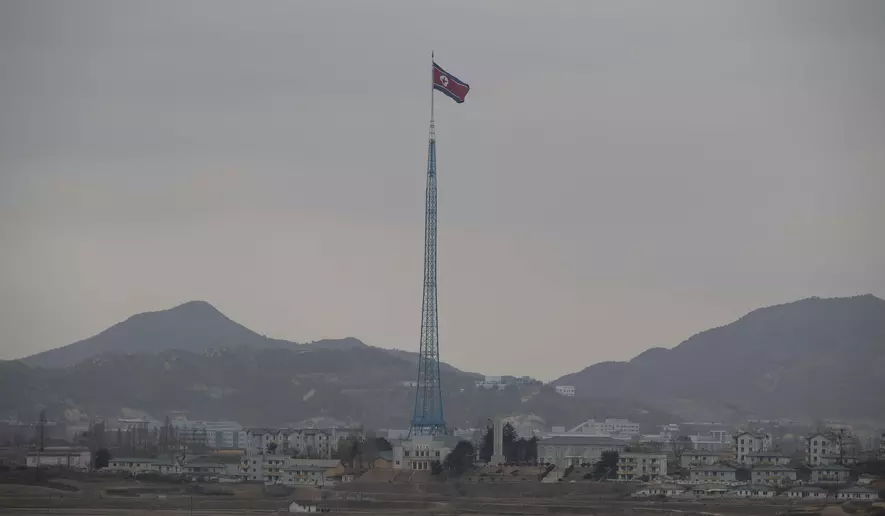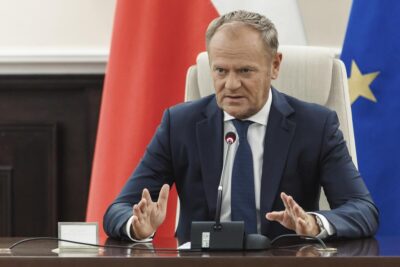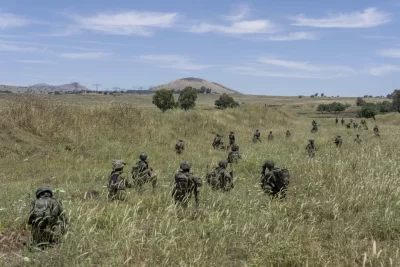
North Korea confirmed Friday that it’s closing some of its diplomatic missions abroad, a move that rival South Korea suspects is likely the latest sign of the North’s economic troubles amid persistent international sanctions.
Earlier in the week, the South Korean government said North Korea was moving to close its embassies in Uganda, Angola and Spain, as well as a consulate in Hong Kong, because the sanctions have made it extremely difficult for them to continue purported illegal activities abroad to earn money for their operating expenses.
According to South Korean government data, North Korea has diplomatic relations with more than 150 countries but operates just around 50 diplomatic posts abroad.
The North Korean Foreign Ministry said Friday that it is “either closing or newly opening diplomatic missions in other countries” in line with unspecified changes in the international environment and the North’s external policy.
South Korean officials couldn’t immediately confirm if North Korea is truly opening new diplomatic missions abroad.
North Korean diplomats abroad have been tied to cases of alleged smuggling of tobacco, alcohol, drugs, gold bars, ivory and rhino horns, as well as money laundering and other illicit activities, to fund their operating costs and transmit badly needed foreign currency back home.
But South Korea’s Unification Ministry said Tuesday that the North decided to close some diplomatic missions because they faced difficulties earning foreign currency due to the international sanctions imposed over its nuclear and missile tests.
South Korea’s Foreign Ministry said Thursday that North Korea may close additional diplomatic missions.
North Korean state media said Monday that its ambassadors to Angola and Uganda paid “farewell” visits to those countries’ leaders the previous week. Chinese Foreign Ministry spokesperson Wang Wenbin said Wednesday that China respects North Korea’s decision to close its consulate general in Hong Kong.
In recent years, North Korea’s fragile economy was badly hit by pandemic-related restrictions, sanctions and its own mismanagement. But monitoring groups say there are no signs of a humanitarian crisis or a social chaos that could threaten the absolute rule by leader Kim Jong Un.




